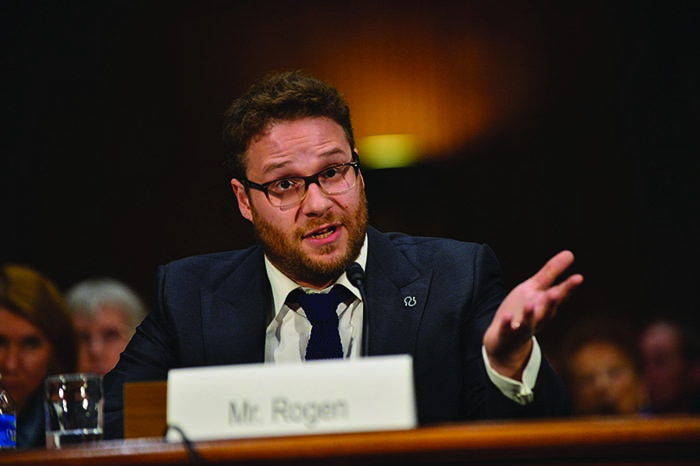
I lost a family member this past week.
He still walks and talks, lives and breathes, but he is now gone forever. My grandfather may be alive but he suffers from the later stages of Alzheimer’s disease, and as a family the decision was made this week to put him in a permanent care facility as he has little ability to care for himself in his current state and our family no longer has the resources to take care of him 24 hours a day. The loss of ability this represents for a once legendarily independent man is so severe that I can’t help but think it a symbolic statement about the power of this disease.
Alzheimer’s disease is a neurological disorder in which the death of brain cells causes memory loss and cognitive decline. A neurodegenerative type of dementia, the disease starts mild and gets progressively worse. According to the Alzheimer’s Association, more than 5 million, like million with an M, people are estimated to have this disease in the United States, and it is also estimated that every 67 seconds someone in the United States develops Alzheimer’s.
The experience that took place with my grandpa is one that I am sure to be familiar with the hundreds of thousands of spouses, children and grandchildren of Alzheimer’s patients. The first time I noticed something amiss was when I returned home to visit my grandparents for a weekend during my sophomore year. Upon my arrival at their house my grandpa met me outside and asked for a ride to get the mail as per usual for him, when we got to the post office however, he simply stared blankly at the mailboxes, unable to remember which one he had opened every day for the past 40 years.
This single event marks the beginning of a three year journey ear marked with painful experiences for my family and personal struggle for my grandfather. There are some events that are small reminders of losing someone you love and there are others that hit you like a ton of bricks, having someone from the sole grocery store in your small town call to inform you that they have found your grandfather, a once avid and impressive outdoorsman, wandering their parking lot in a snow storm, shivering and oblivious to his own whereabouts.
It’s absolutely heartbreaking, and even more heartbreaking than the disease itself, is the lack of emphasis put on researching it and finding a cure by the millennial generation. According to the Alzheimer’s Association, their grant program has provided $335 million to Alzheimer’s research, compared to the $4.8 billion budget advocated annually to cancer research according to the National Cancer Institute.
That number seems incredibly low to me for a disease that is the sixth most common cause of death in the United States today. In addition, if you were to look at the Alzheimer’s epidemic in no terms other than economic, the figures are still positively staggering. It is estimated that between Medicare, Medicaid and out of pocket spending, Alzheimer’s will cost the United States $150 million.
There is often a cultural stigma to conditions of mental health and I have found from personal experience that Alzheimer’s is no exception to this silent shaming. To be honest there is no better evidence of this than the hesitation I felt inherently posited about writing this article in the first place.
But if seizing this opportunity to share my story and advocate for research into the disease can prevent even one person from experiencing the same process I have been through with losing a loved one then it will be worth it.
Seth Rogen, the comedian made famous by recent films such as “Superbad” and “Knocked Up”, recently testified in front of a congressional committee in an effort to achieve the same means as myself. Rogen’s mother-in-law began exhibiting signs of Alzheimer’ 9 years ago and has since progressed to a near vegetative state. This led him to start his own charity, aptly named Hilarity for Charity that puts on different comedic events to help raise money for research into methods to combat the disease.
Rogen also started a college based arm of his charity in an effort to raise awareness of the disease among college aged students called HFCU or Hilarity for Charity U. When asked by Chairman of the Senate Appropriation Subcommittee on Labor, Health and Human Services why he felt the need to advocate to the younger audience, Rogen answered that the problem will soon be our generation’s problem to deal with. “Americans whisper the words Alzheimer’s,” said Rogen. “It needs to be yelled and screamed.”
Until a cure is found, I can only encourage you to do just that, talk about the disease. If it affects you, share your story, and if you know someone it affects, offer your support. Donate if you can, but most importantly of all appreciate and cherish those around you. I will go home for the Thanksgiving break and it will be tough, but I will go to visit my grandpa. He will pretend to recognize me with his heartwarming smile, we will casually talk about the weather (his favorite), and when I leave I will try and remember my grandfather for the man he used to because I know that’s what he would want.



